What age should my child start learning a language?
I was recently sitting in the park offering free English lessons and a mother with a young child walked by. The child was around 3 or 4. She saw my sign and said:
“Oh, what a nice idea, but he is too young. He can start later.”
And it got me thinking about the question: what age should my child start learning a language?
The Younger the Better
Studies show that the younger you are, the easier it is to learn/absorb a language.
I always encourage families to have their children watch things in English or their target language and read books in English or their target language, etc. Having a native speaker interact with the child is the absolute best.
Ways you can have a native speaker interact with your child
-
Join an after school program with a native speaker or a focus in English or another language
-
Attend religious services in that target language
-
Sign up for online classes with a native speaker at My Open Passport Language School
This all being said, so what is a good age for a child to start their language journey?
0-3 years of age
A child younger than 3 is most likely still learning their mother tongue. If one of the parents or grandparents is a native speaker of a different language, have them talk to the child all the time in that language so the child will associate that person with that language.
Don’t let that person switch languages on the child as that will confuse them and, therefore, they will confuse the languages.
This age range is all about absorbing and mimicking those “giants” around them.
This age group is also most likely to just speak the language, once they start speaking, with no issues (besides the toddler learning curve).
The best form of learning for this age group is just having older humans speak that target language around them.
4-6 years of age
If the child starts learning a language during this age range, they can still absorb the language without an accent and easier than older children.
At this age range, children are already speaking confidently and fluently in their mother tongue, but might not understand that there are other languages.
Children closer to 6 years of age have a better understanding of different languages and that they need to LEARN this other language. However, they usually don’t have the patience to sit through a class because they are used to playing.
The best form of learning for this age range is by play, specifically play with their hands such as with dolls, cars, sports, and or drawing.
7-10 years of age
Children of this age range are in regular school. They know, usually, how to sit still, how to listen to a teacher, and how to respect the act of learning.
These children pick up the language the quickest in terms of learning in a classroom setting. They might be able to learn quickly via play, but because they are used to communicating and behaving in their mother tongue, they usually resort to that language especially around other kids of the same language.
This age range also has the capacity to learn the target language, like English, without an accent.
Most parents usually sign up their child for English lessons or Spanish lessons, etc. in this age range.
However, scientists have discovered that there is something around the 10 year mark when it comes to maintaining an accent or not.
11-13 years of age
This being said, even though there is a higher chance for a child to maintain an accent if they are 10 or older, it doesn’t mean it is impossible to get rid of their accent and sound native.
Children of this age range that start learning a language might have a difficult time because learning a language isn’t the easiest thing in general. They are used to communicating fluently and fluidly in their native language and then all of the sudden are thrown back to barely making sentences or understanding.
It is frustrating, for sure.
However, since they are still young, with practice and dedication, within a year of weekly classes or activities in the target language, they can achieve a conversational level, such as in English or Spanish.
The benefit of this age range is that they have had a few years of schooling as well as interacting with a diverse group of people.
Maybe they have a friend at school who comes from a Spanish household (and your child is a native French speaker). This might encourage them to learn Spanish to understand their friend’s family.
So these extra experiences that the younger kids don’t have can be a great motivator.
14-18 years of age
This is the biggest age range for sure, but it is mainly because language teachers tend to see a drop off in learners for 3 reasons:
- The student has been learning the language since they were quite young and are already very fluent at this age
- OR the student is in high school / secondary so their regular school schedule is quite busy and they don’t have time for additional language lessons
- OR parents believe there isn’t a point to learning a language at this age and don’t even bother signing their child up for classes
My child is already fluent now
In regards to being quite fluent at a young age, please check out our article about “Continuing language classes as an advance learner,” but also being fluent at a young age isn’t the same thing as being fluent as an adult.
For both the first two points, when we learn multiplication and division, do we stop learning math because we already know how to do the majority of math? No, we continue to learn more difficult math such as calculus or physics.
When we learn how to read, do we stop reading? No, we continue to read more complex books to widen our vocabulary and range of knowledge.
My child is too busy
This is the same with languages. If a language student doesn’t continue to grow and expand, their vocabulary and use of grammar remains the same (stuck at the level of when they were 14, etc.) OR could get rusty and they might even forget the language.
If you are feeling like you need a new obstacle in your language learning journey, check out our other article on “Why you should change language teachers.”
Yes, it might seem like their schedule can’t handle an extra 30 minute class, but guaranteed, your child will thank you when they are older for continuing their language journey, giving them a wider language knowledge.
My child is too old to start now
For the last point, there is no such thing as being “too old” to learn a language. There are many adults that start learning a language when they are 40, 50, or even 60 years old!
Constantly learning helps your brain maintain its strength for much longer, studies find. Why not give the gift of languages to your older child?
Sign up for classes today
Fill out the form below to start your child’s learning process today! My Open Passport incorporates games to make each child class entertaining and educational!



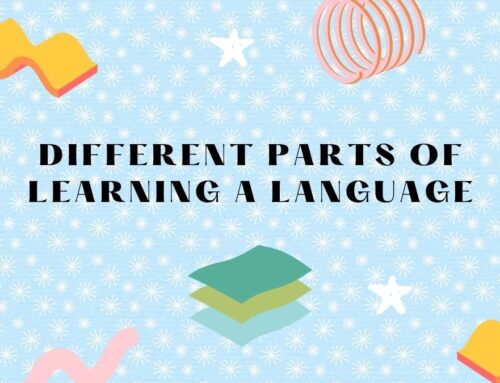

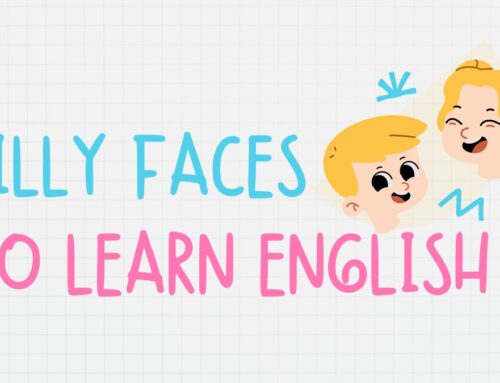
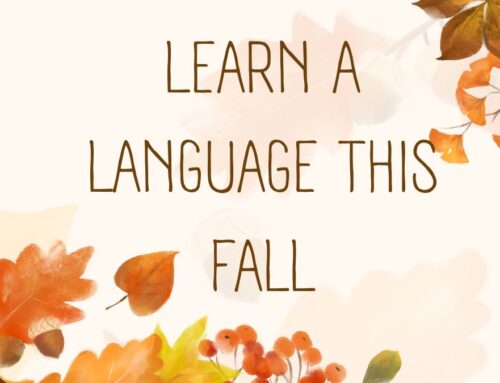
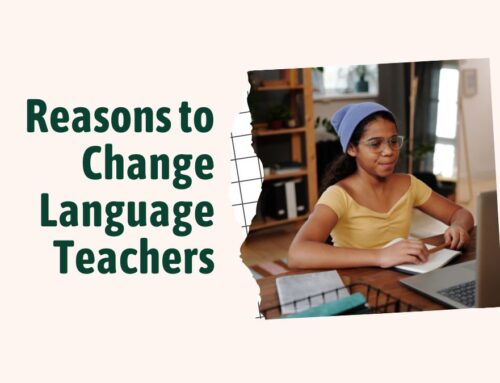

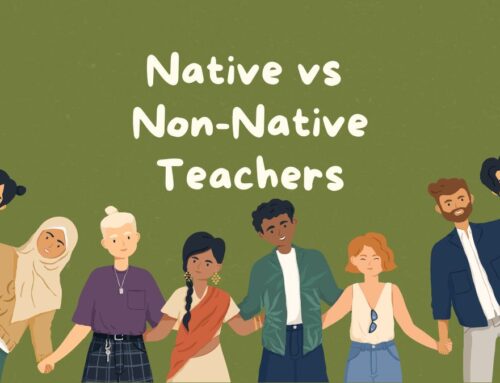
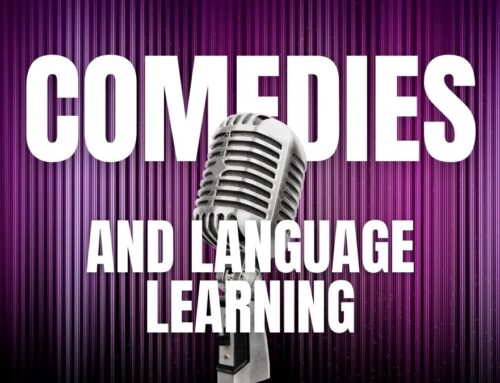

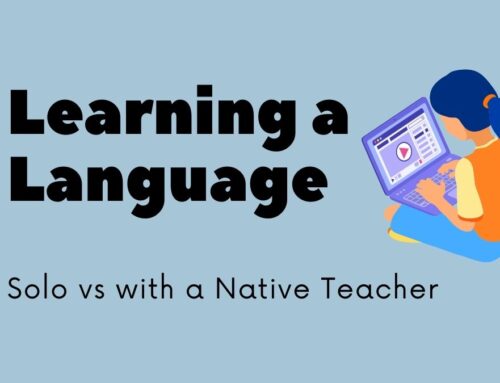

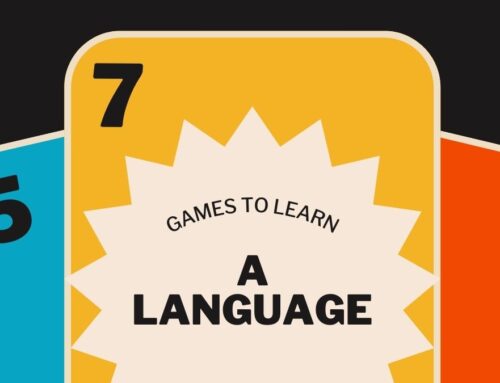
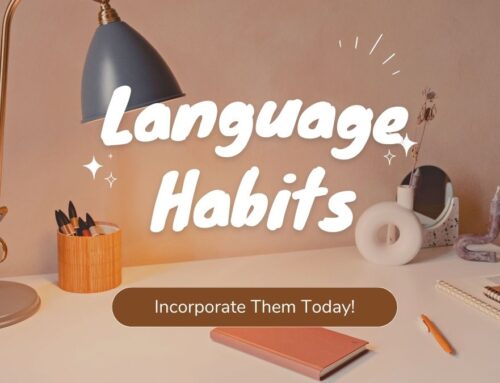


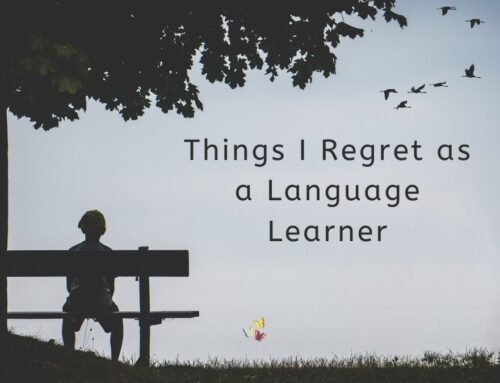

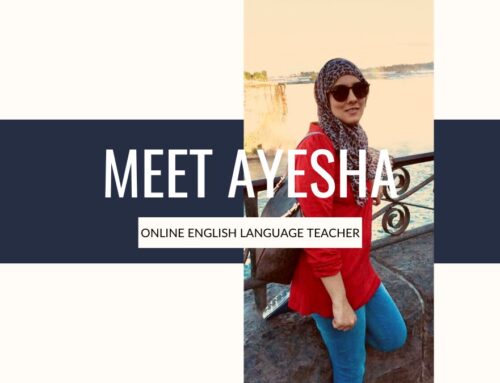


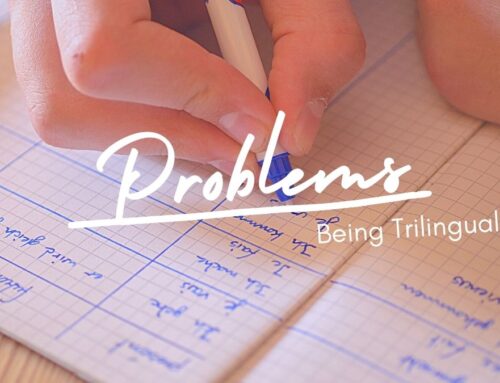
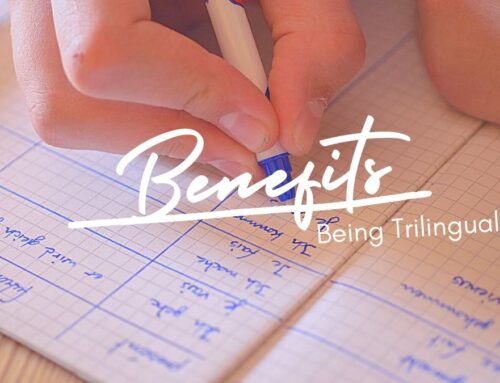
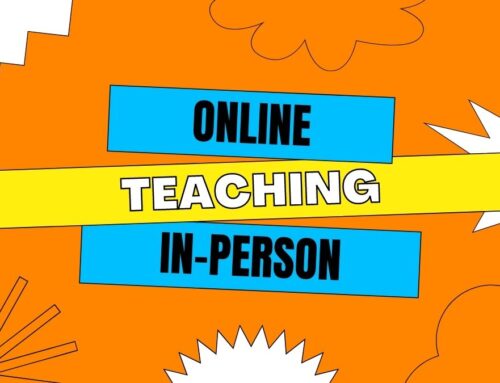
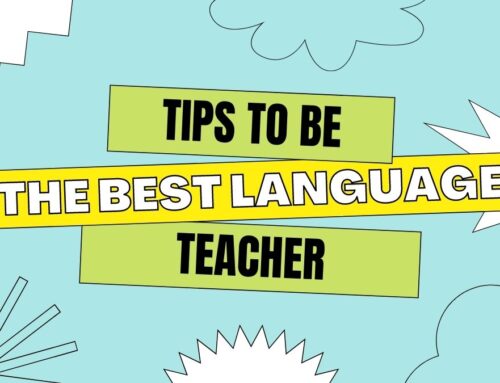







Leave A Comment